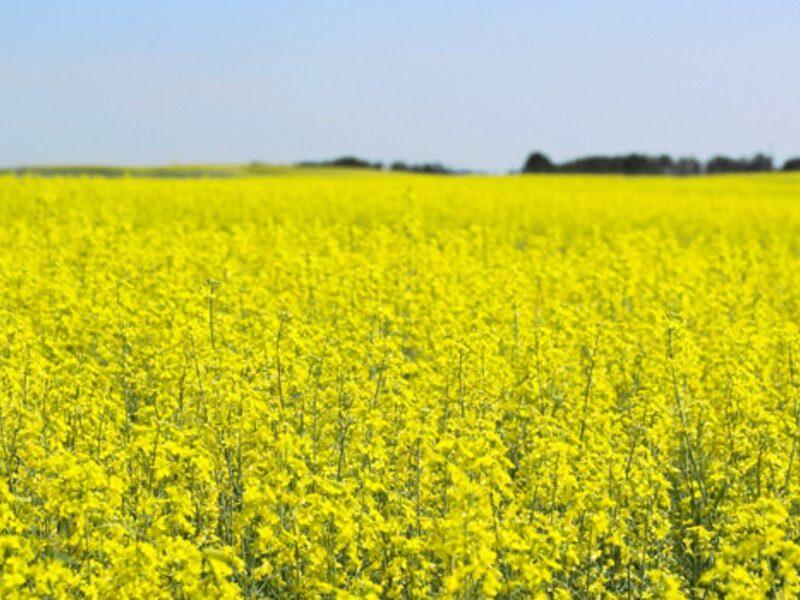A new IEEP report analyses the indirect land use change (ILUC) impact of the substantial additional biofuel usage that will be generated up to 2020 by the targets under the EU renewable energy Directive. Plans from national governments setting out how they will reach these targets, which are only now becoming available, confirm that conventional biofuels will be the primary technology used in delivery. IEEP’s report examines the likely impact of these biofuels in terms of physical change in land usage patterns and consequent greenhouse gas emissions.
The report (prepared for ActionAid, BirdLife International, ClientEarth, European Environmental Bureau, FERN, Friends of the Earth Europe, Greenpeace, Transport & Environment and Wetlands International) is the first to combine emerging national data for additional biofuel usage with modelling data to allow the estimation of ILUC based on solid estimates of the delivery of the renewable energy Directive’s targets.
Under the renewable energy Directive all EU countries are required to derive 10% of their transport fuels from renewable sources by 2020. If used to meet this target biofuels are required to deliver some limited greenhouse gas reductions compared to fossil fuels and can not directly be grown on particular sensitive land types. However, this only takes into account the direct consequences associated with their production, from crop to final fuel. There are additional consequences of biofuel production such as ILUC, whereby crops displaced by biofuel feedstocks are cultivated elsewhere causing new land to be brought into arable production. This report is a first attempt to quantify these broader ILUC impacts and the consequent policy implications.
Download – IEEP’s press release summarising findings and including comments IEEP’s Director David Baldock and the report’s author Catherine Bowyer
Download – Full report – Anticipated Indirect Land Use Change Associated with Expanded Use of Biofuels and Bioliquids in the EU – An Analysis of the National Renewable Energy Action Plans
Note the revised version of the report now online includes an addendum on section 8 concerning additional bioliquid use and its land use impacts.
For further details regarding this report please contact Bettina Kretschmer or Dudley Curtis of Transport & Environment for further details of NGO activities in this area.

